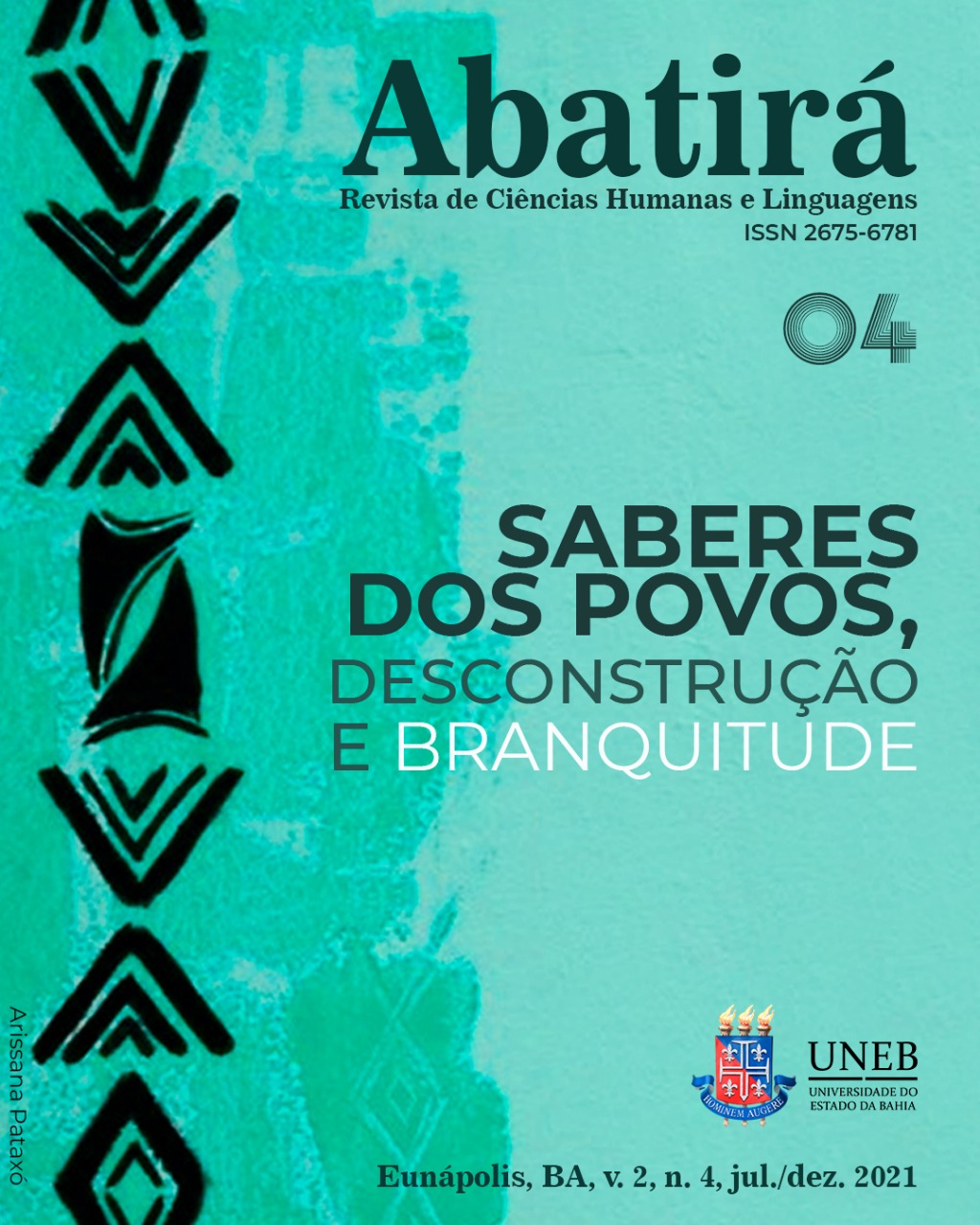Teaching philosophy and exercise of learning
Conversation about a quilombola experience
Keywords:
Teaching philosophy, quilombola community, experienceAbstract
The proposal of this text is to combine some central elements of important reflections on the teaching of philosophy, which has been consolidating in recent years in the troubled Brazilian scenario, marked by an opening in the field of philosophy and research in philosophy and, at the same time, by a series of setbacks that affect education in the country as a whole. We need to recognize, beforehand, that this is a formal experience, merging theoretical reflection with an interview, seeking to enhance the relationship between life and thought. In this sense, we try to approach this repertoire with some reflections brought from the experience of teaching philosophy in the quilombola school of the João Surá community, in the state of Paraná, and to think about the effects of this experience on the formation of the philosophy teacher and its methodological challenges and the permanent questioning of the nature of philosophy and its teaching, as Alejandro Cerletti instigates us.
Downloads
References
BOAL, Augusto. A Estética do Oprimido. RJ: Garamond, 2009.
BORGES-ROSÁRIO, Fábio. A desconstrução do ensino de filosofia e a legislação antirracista. Rio de Janeiro: Ape’Ku, 2020.
CERLETTI, Alejandro. O ensino de filosofia como problema filosófico. Tradução de Ingrid Xavier. Belo Horizonte: Autêntica, 2009.
KOHAN, Walter Omar. O mestre inventor: relatos de um viajante educador. Tradução de Hélia Freitas. Belo Horizonte: Autêntica, 2015.
LARROSA, Jorge. Tremores: escritos sobre a experiência. Tradução de Cristina Antunes e João Geraldi. Belo Horizonte: Autêntica, 2020.
MOURA, Clóvis. Rebeliões na senzala, quilombos, insurreições, guerrilhas. São Paulo: Ciências Humanas, 1981.
NOGUERA, Renato. O ensino de filosofia e a Lei 10.639. Rio de Janeiro: Pallas: Biblioteca Nacional, 2014.
RODRÍGUEZ, Simón. Inventamos ou erramos. Tradução de Cinthia Fernandes. Belo Horizonte: Autêntica, 2016.
Downloads
Published
How to Cite
Issue
Section
License

Este trabalho está licenciado sob uma licença Creative Commons Attribution 4.0 International License.Você é livre para:
Compartilhar - copia e redistribui o material em qualquer meio ou formato; Adapte - remixe, transforme e construa a partir do material para qualquer propósito, mesmo comercialmente. Esta licença é aceitável para Obras Culturais Livres. O licenciante não pode revogar essas liberdades, desde que você siga os termos da licença.
Sob os seguintes termos:
Atribuição - você deve dar o crédito apropriado, fornecer um link para a licença e indicar se alguma alteração foi feita. Você pode fazer isso de qualquer maneira razoável, mas não de uma forma que sugira que você ou seu uso seja aprovado pelo licenciante.
Não há restrições adicionais - Você não pode aplicar termos legais ou medidas tecnológicas que restrinjam legalmente outros para fazer qualquer uso permitido pela licença.





